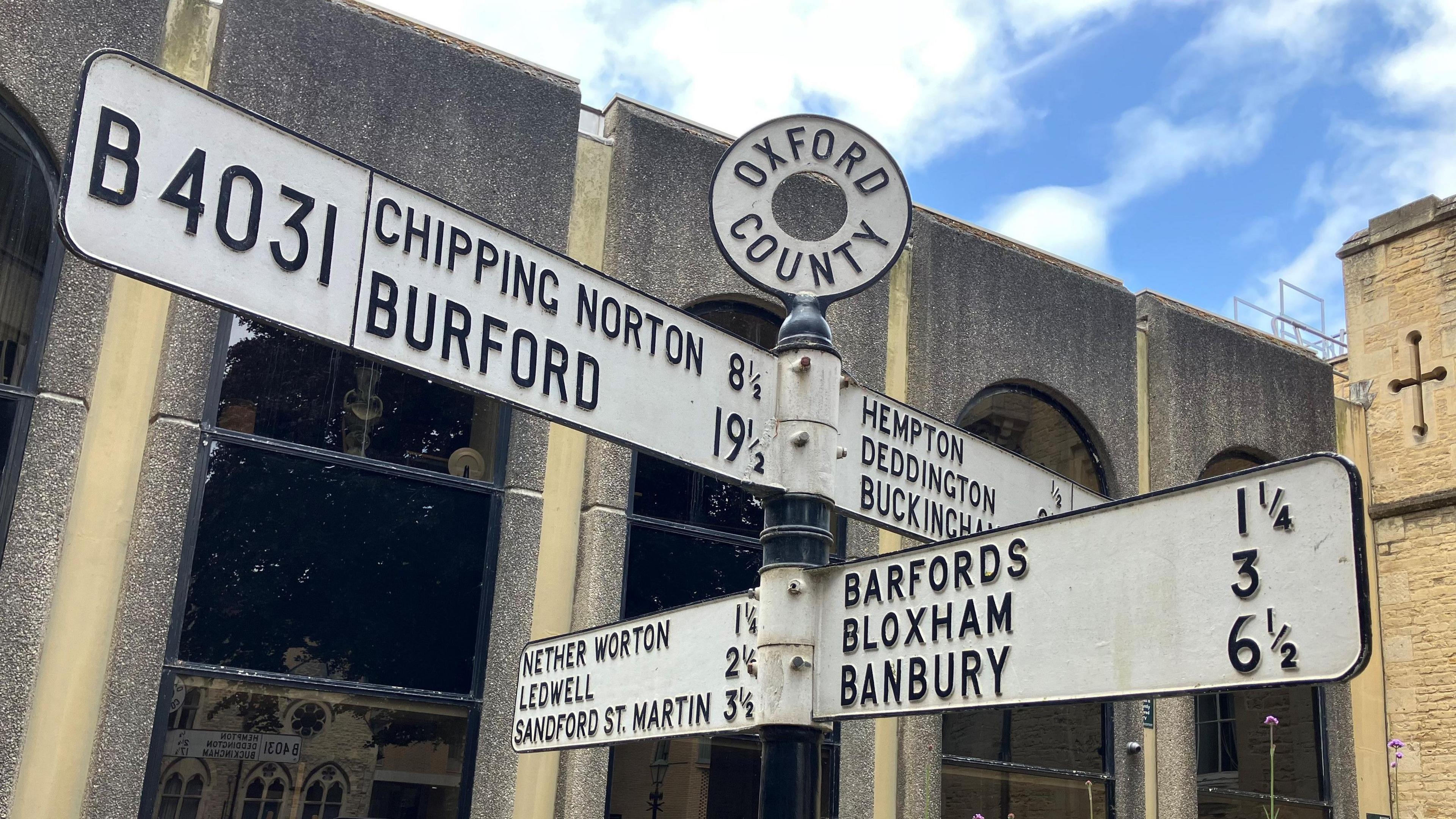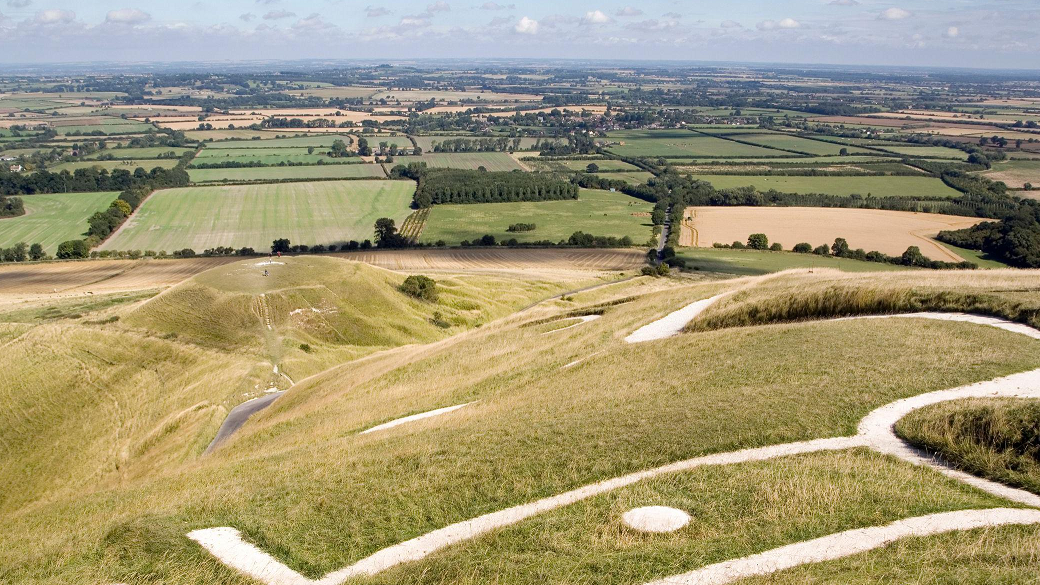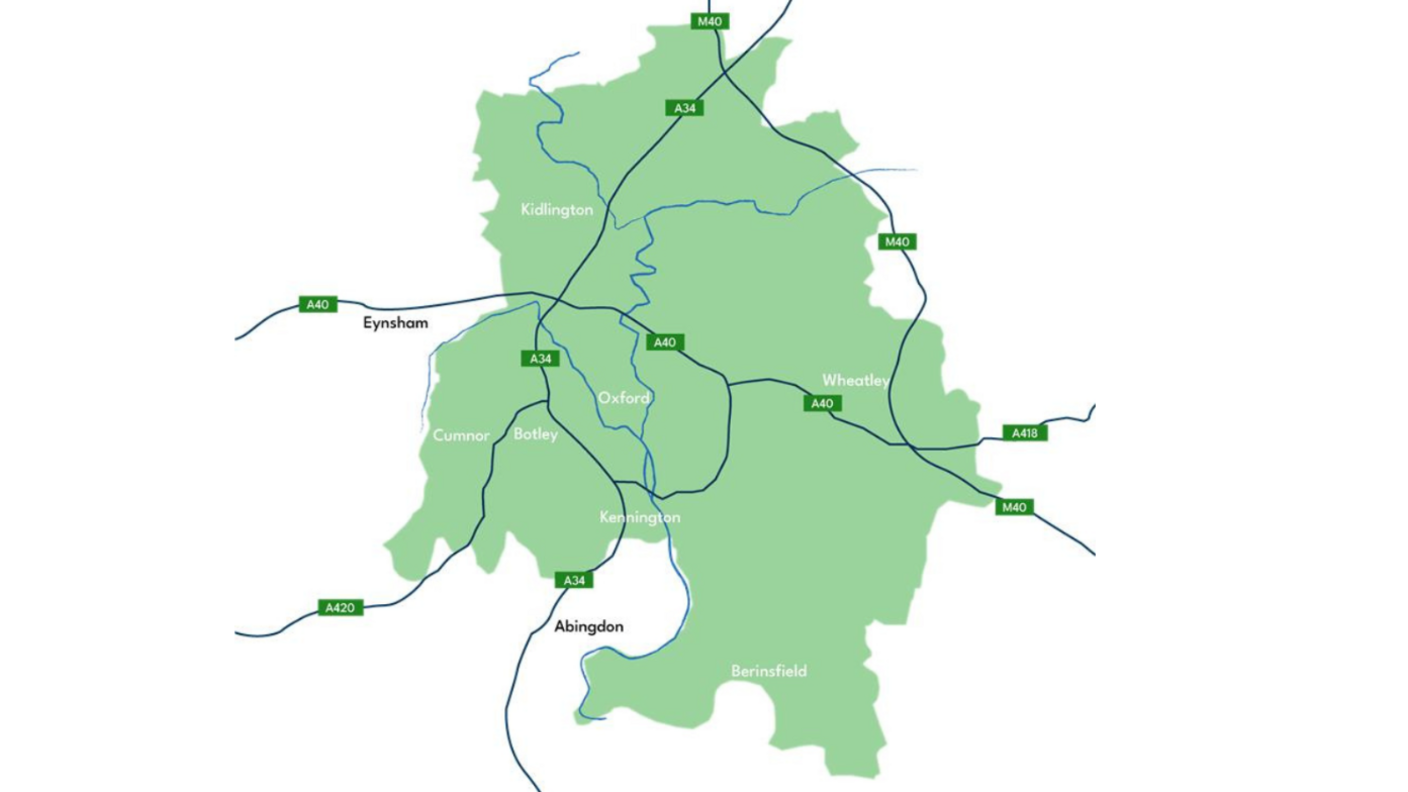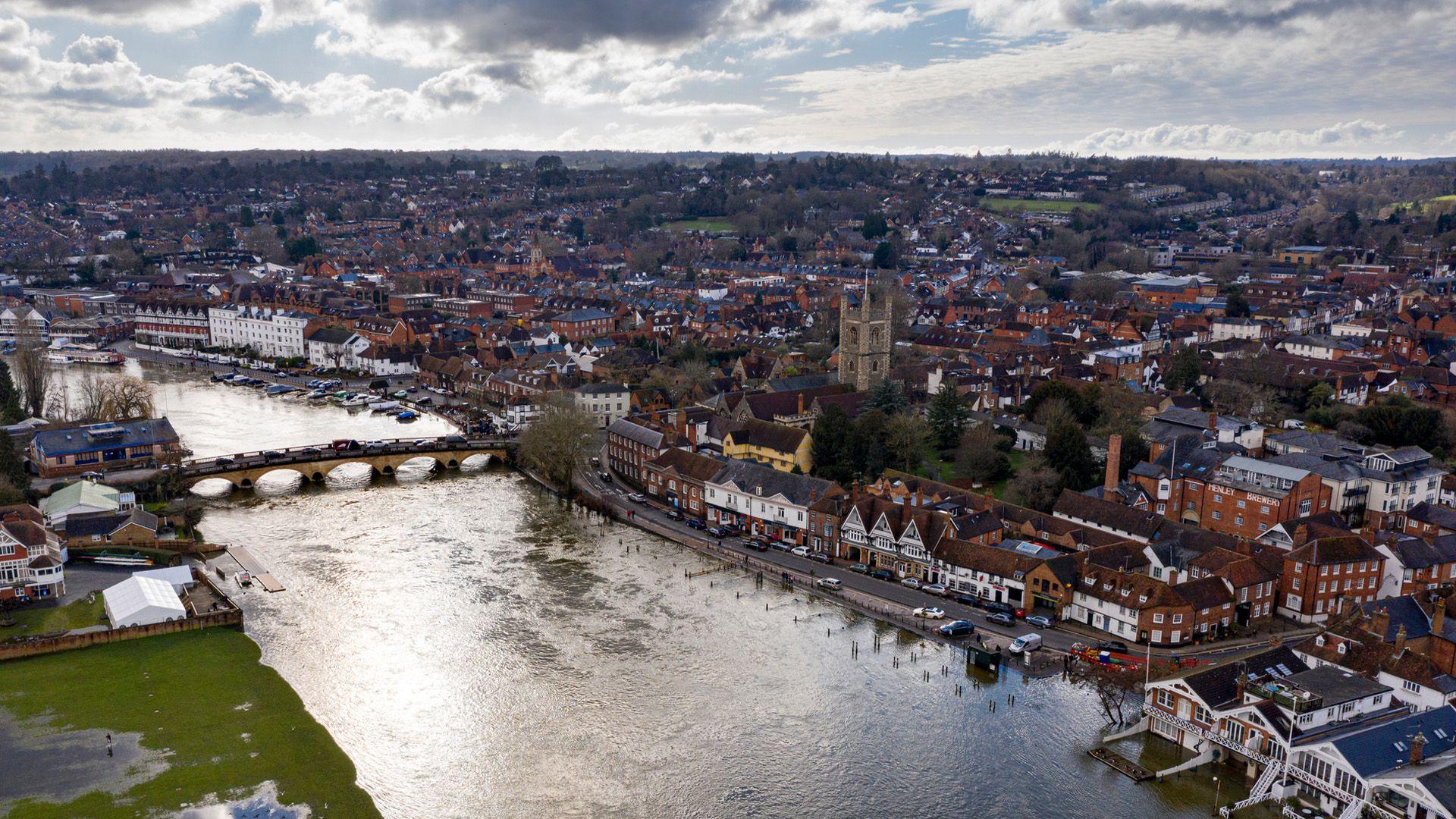One, two or three new councils for Oxfordshire?

What is the future direction of local government in Oxfordshire?
- Published
Oxfordshire's councils are voting through rival plans for local government reorganisation.
The government aims to make a decision by next summer, with elections to the new council, or possibly councils, in May 2027.
But what are the three proposals being put forward?
And how do they compare when it comes to costs and benefits to residents?
'Pretty lousy' rail station needs more investment
- Published21 hours ago
The fight to save one of city's last rowing barges
- Published1 day ago
Abingdon reservoir: Your questions answered
- Published1 day ago
The proposals have been put together after the government announced in December 2024 its intention to abolish Oxfordshire's current two-tier system of councils
The county's existing councils have not been able to agree on a way forward - meaning three different proposals will be submitted to the government by its deadline of 28 November.
The choice the government will make boils down to whether there should be one, two or three unitary authorities covering Oxfordshire.
One unitary council
Oxfordshire County Council is backing the idea of having one unitary authority.
It estimates the initial set up costs will be £21.9m and the change would generate savings of more than £63m a year.
Liberal Democrat county councillor Neil Fawcett says the proposal is the most efficient way to organise local government in Oxfordshire.
"We believe it will deliver better services," he says.
"Because we'll be able to bring things like waste collection and waste disposal together for example and there'll be efficiencies that we'll get from that.
"And it will make it much better for us to manage all the issues around development, transport, all the problems that come from utilities and so on."
Two unitary councils
Five councils have backed plans for two unitary councils across Oxfordshire and West Berkshire.
There would be one authority to the north - the Oxfordshire and Shires council - covering Cherwell, Oxford City and West Oxfordshire.
The second authority would be further south - called the Ridgeway Council - and cover South Oxfordshire, Vale of White Horse and West Berkshire.
The transition cost is estimated at £30.4m, with savings anticipated to reach £59.8m a year.
Andy Graham, the Liberal Democrat leader of West Oxfordshire District Council, says the plan will create councils that are an optimum size.
"A single unitary council would be too remote, while three separate councils in Oxfordshire would mean too much duplication and waste," he says.
"So the two new unitaries strike the right balance: big enough to deliver efficient professional services, but local enough to reflect the needs of our towns and rural communities."

The proposed Ridgeway Council is named after an ancient footpath
Three unitary councils
A proposal for three unitary councils is being put forward by Oxford City Council.
It would include a Greater Oxford Council, which would extend the city's boundaries out into the green belt.
Similar to the two unitary option, it would also include a northern Oxfordshire council covering the rest of Cherwell and West Oxfordshire.
Plus there would be a southern Ridgeway Council including West Berkshire.
The transition cost is estimated at £36.2m, and it is anticipated savings would reach £48.5m annually after five years of operation.
Labour city council leader Susan Brown says it is important to make sure Oxford had a strong voice.
"There is a really big difference between the urban city and for instance West Oxfordshire, which is the most rural district in the country," she says.
"And I think there will be innate tensions within any authority that is trying to meet the very different needs of rural and urban populations in one authority."

A Greater Oxford authority would follow the lines of the city's green belt
What happens next?
Once the three proposals are submitted, the government says a consultation could be launched in early 2026.
That is likely to last until the local elections in May 2026.
Government ministers will then decide, subject to parliamentary approval, if any of the proposal will be implemented, with or without modification.
It says it will take into account representations and consultation responses - with a final decision announced before summer 2026.
That would allow for elections to the new unitary authority, or authorities, in May 2027.
The new structure would then "go live" in April 2028.
Get in touch
Do you have a story BBC Oxfordshire should cover?
You can follow BBC Oxfordshire on Facebook, external, X (Twitter), external, or Instagram, external.
- Published20 March
